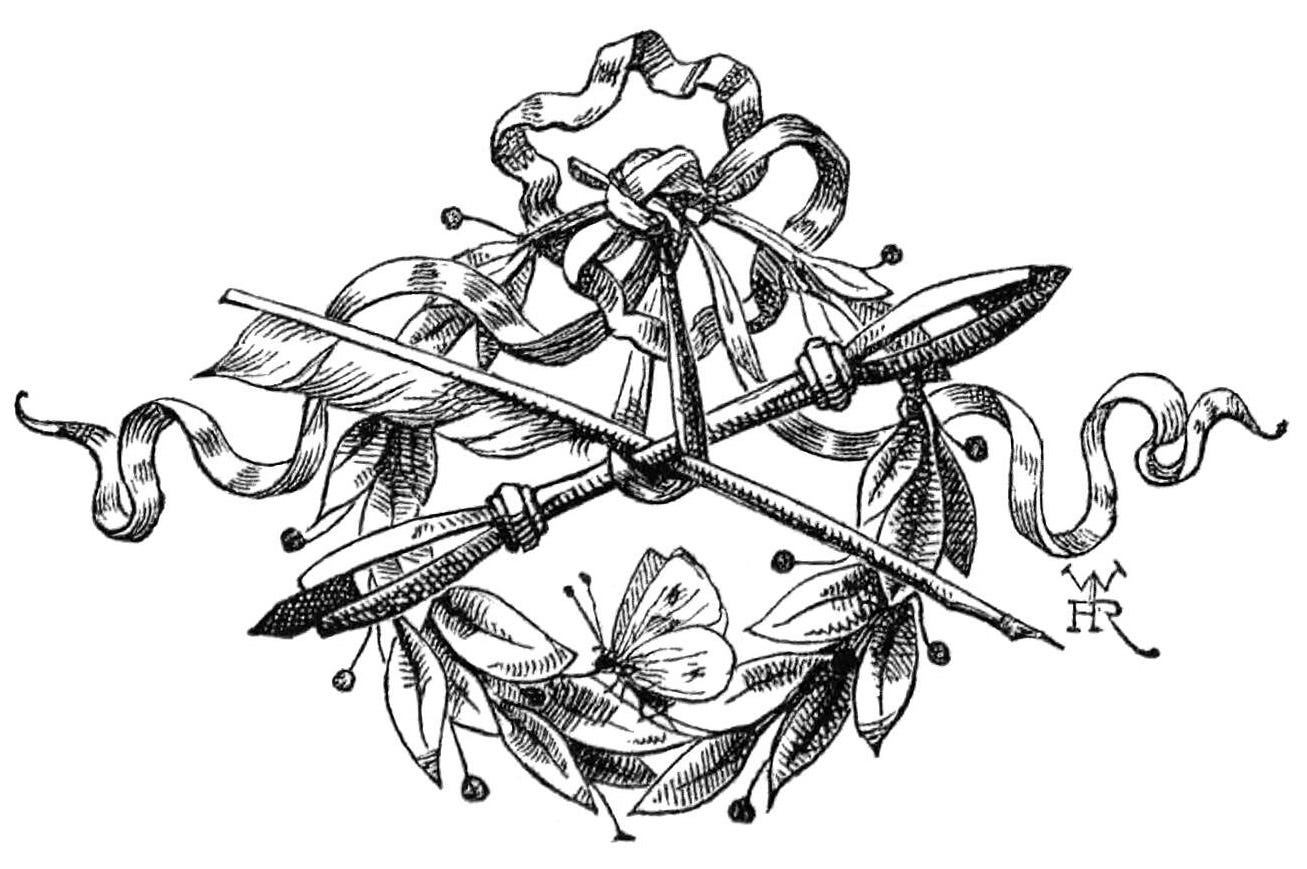The pleasure, pain, and peril of writing in the present—especially about the past.
Why subscribe?
While the concept for this newsletter and its content will evolve, I intend to use this space to explore:
perspectives on writing
research relevant to my books
topics of interest in anthropology, archaeology, and history
fiction and non-fiction book reviews and recommendations
other stuff tangential to my writing
While there are a few areas I am always eager to delve into, my interests are eclectic. Expect the unexpected.
More importantly, I hope this newsletter will provide readers a place to engage in open conversation and good faith debate around our common interests in ways that are too often stifled in public and even private discourse these days. Here, all viewpoints are welcome so long as comments remain civil.
in addition to essays, this newsletter is also home to:
Aristeas Press, publishing literary works including:
short fiction
flash fiction
poetry
Of Wind and Wolves, the first novel in The Steppe Saga trilogy, offered free to subscribers:
On the ancient Ukrainian steppe, an aspiring Amazon’s arranged marriage is pending. Sent on a final mission to make her first kill, she must attempt to reconcile herself to the cruel duties of both warrior and wife, confronting the dark consequences of war and the true meaning of sacrifice.
A Gallery for original images, including:
artwork
photography
handmade crafts
Book Reviews, focused on:
writing craft
non-fiction, primarily history, ancient religions, anthropology
fiction, primarily ancient historical fiction
And some other stuff…
Why the Problematic Pen?
For a couple of reasons. Writing is hard. It’s an intricate puzzle, a Gordian Knot that can at at times make you feel ingenious and at others shatter your confidence entirely. It is an endlessly fascinating craft that continually challenges you to learn, experiment, take risks, and to look critically at everything, including yourself. That’s why I write.
However, lately the more common usage of “problematic” in relation to writing means something quite the opposite. It points accusingly at ideas that run counter to an ideological orthodoxy peddled by a minority of self-appointed elites. In this sense, “problematic” means “heretical.” And those who engage in intellectual heresies—past and present—have been on the receiving end of a shocking cultural purge in recent years.
As a lifelong nonbeliever, I have always been vaguely aware that I’m a heretic to someone somewhere. Living in a Western democracy, I’ve never had to genuinely fear being punished for any particular heresy until today. But it’s happening to ordinary people every day, and not from the culprits I would ever have imagined.
Given all this, I must have been crazy to think this was a good time to become an author of historical fiction. Or, maybe it’s the best time. Traditional publishing has, over the last decade or so, become a zombie. It continues to lumber along, human in form but devoid of a soul. Sadly, the dream of securing a traditional publishing deal too often means surrendering our grey matter to feed this bloated corpse.
Luckily, for those of us who still value free thought and expression, there have never been more options for independent publishing or a broader community of readers eager for the honest stories, voices, and perspectives being aggressively censored or shut out by traditional publishing’s ideological gatekeepers.
“The Problematic Pen” was coined with all those in mind who have said that writing honestly, authentically, and factually about the past is inherently offensive. My particular interest is ancient history, about which too little fiction is published these days, and what little survives consists mainly of fantasy or anti-barbarian travesty. Sadly, most traditionally published fiction—historical fiction especially—suffers from the same malady: literature today exists in service of a cause rather than in service of the truth, agreeable or otherwise. The publishing industry inverted those standards when it began censoring, sanitizing, and thwarting the creative works of our artists, past and present, and chose instead to elevate activism over aesthetics. If we still care about art and literature for its own sake, it’s up to writers as well as readers to reject propaganda and restore authenticity, one indie publisher and author at a time.
Subscribe to get full access to the newsletter and website. Never miss an update.
Stay up-to-date
You won’t have to worry about missing anything. Every new edition of the newsletter goes directly to your inbox.
Join the crew
Be part of a community of people who share your interests.
To find out more about the company that provides the tech for this newsletter, visit Substack.com.




